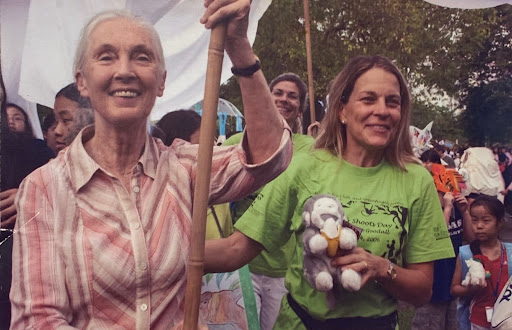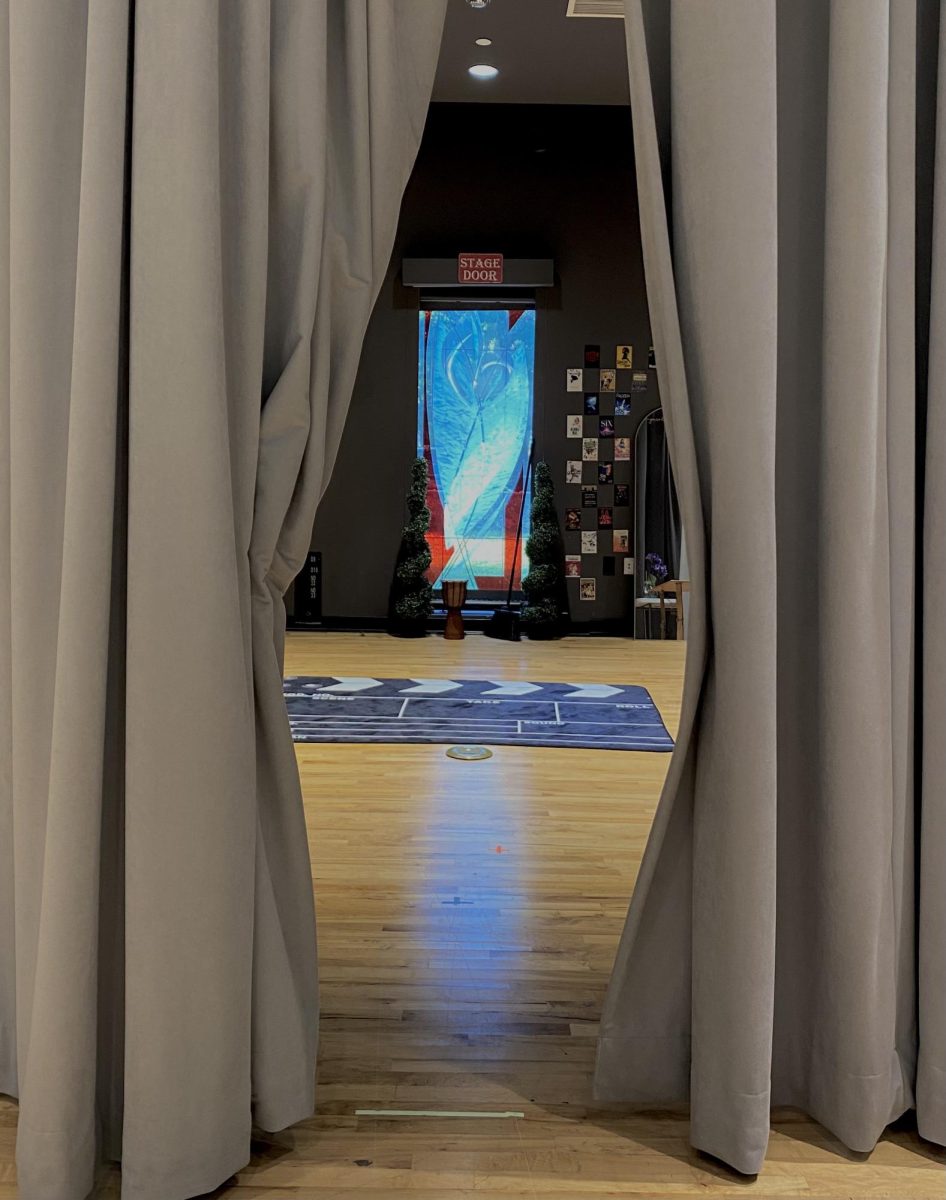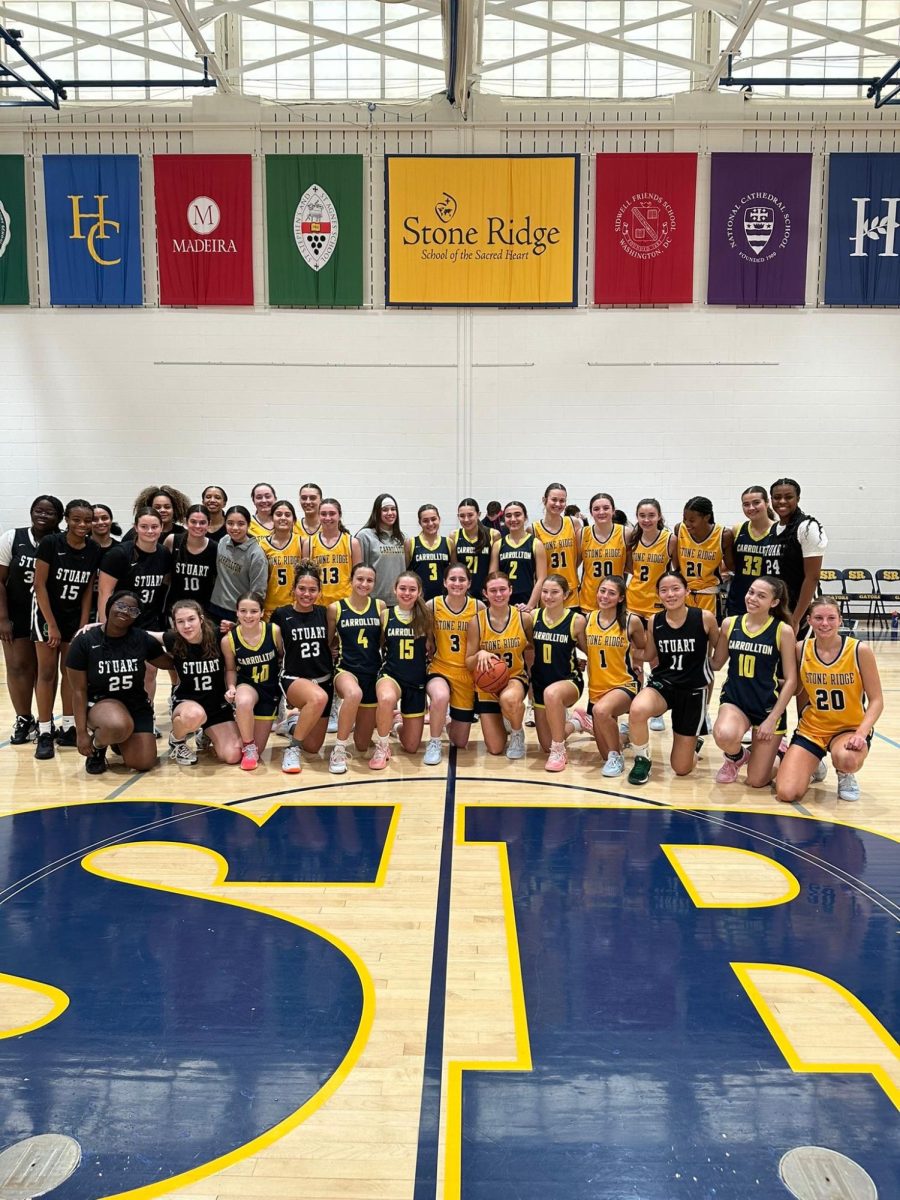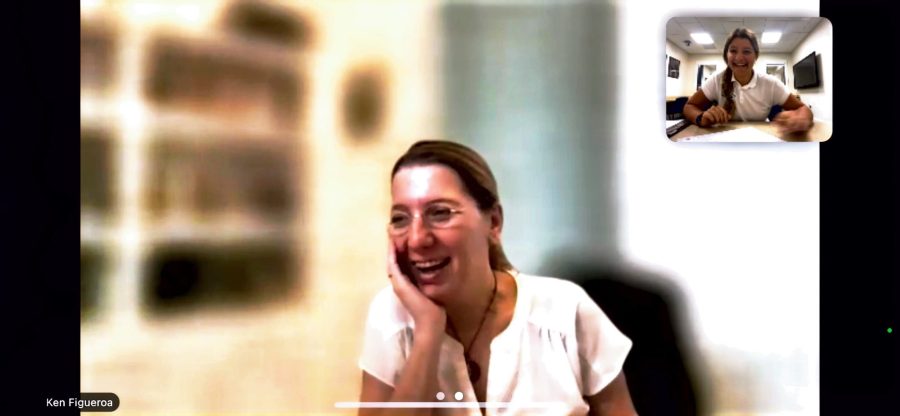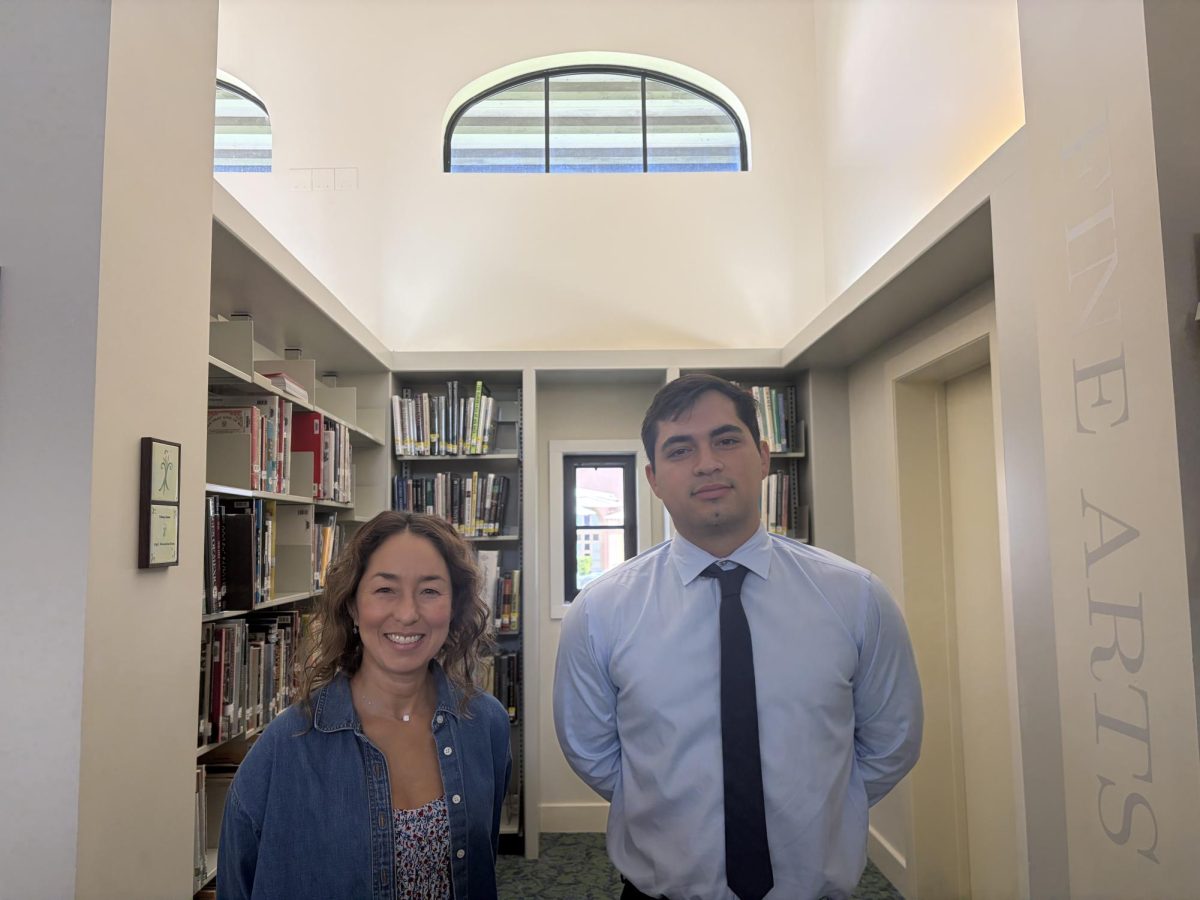Dr. Maria Ken Figueroa finally returned to her lab after the pandemic “ended.” She got there early, at 7 in the morning, brewed some coffee and relaxed, content to be back in her space. After sitting down, she opened her favorite science journal–and the first page was jarring. The editorial page boasted a long list of 30 people who cooperated on the journal, and they were all men.
A long-time believer of “just do your work and do it right,” Figueroa wondered for the first time if it would be necessary for her to take a more vocal approach against sexism in science research. She knew that the lack of female names on that editorial board wasn’t because of a limited number of women in the field. “It isn’t about the lack of talented women – there’s a surplus of talented women,” Dr. Figueroa told me in a recent interview. She explained that it is about the lack of recognition and support they receive.
Dr. Figueroa is a highly accomplished physician-scientist. Born and raised in Argentina, she got her degree in medicine from the University Del Salvador, School of Medicine in Buenos Aires. She was clinically trained in hematology and practiced meeting with patients and treating them. That is until she met Dr. Ari Melnick in 2004, and she left her practice to work in his laboratory in New York, at a time when epigenetics (the study of the effects behaviors and environments have on human genes) was a relatively new field.
Dr. Melnick–a kind, considerate, generous man–would quickly become Dr. Figueroa’s most trusted mentor and guide in the research world. In his lab, she advanced significantly in her research career, learning both the data analysis part and the hands-on portion of lab research. Their research focused on understanding how abnormalities hardwired into the DNA of blood-producing cells could lead to the development of different forms of leukemias. She is now the co-leader of the Sylvester Comprehensive Cancer Center at the University of Miami, specializing in epigenetics.
Having a trusting, supportive mentor made her experience in her career different from her other female colleagues. When asked if she ever experienced explicit sexism firsthand, Dr. Figueroa responded that she was fortunate enough to have a great mentor and be in a safe environment. For instance, when she was in New York, Dr. Melnick made it clear that she would be supported if she decided to be a mother–a decision that is often lethal to the career of female scientists. However, her mentor promised his support.
This support and recognition of her work was extremely beneficial for Dr. Figueroa. “It made all the difference,” she remembered fondly. Knowing she had a friend who would endorse her, Dr. Figueroa was given the space and opportunity to grow in her research career without the fear of being detained by gender discrimination.
However, her colleagues and friends did not have the same experience. While she has not experienced sexism firsthand, Dr. Figueroa has many stories to tell.
“I hear it every day, everywhere,” she told me. Dr. Figueroa spoke about a colleague of hers that had a supervisor tell her, “Oh, but that male doctor will make more money than you. You’re going to be out of the game in a few years when you get pregnant.” She was single then, and in her mid-twenties. “And now,” Dr. Figueroa smiled, “she is more successful than him.”
“Another story I heard,” she shared, “was so frustrating.” Apparently, her friend’s “mentor” told her, “I know you women get told to self-promote, but you shouldn’t do that. It’s not a good look for you.” Dr. Figueroa was left speechless hearing it.
Dr. Figueroa explained that systemic sexism is still very present in the career world. “Especially in science,” she said.
In fact, some statistics from UNESCO show that less than 30% of researchers are women, and that they publish significantly less than men do. Dr. Figueroa explained that this is because of two things: The first is what she called “committee math.”
In a recent meeting with the vice dean of UM, they shared that there is a majority of female faculty members. However, that number does not reflect the number of women in leadership positions. The “committee math” refers to the way the limited number of women in leadership positions are used as tokens on committees to fill the representation quota. This eventually leads to women being overburdened with committee tasks and having less time to publish research than their male counterparts.
The second reason for a low number of women in research, Figueroa explained, is the “leaky pipe” phenomenon. Essentially, this phenomenon explains that while the percentages of women and men in science or STEM-related fields are relatively equal in college, as careers progress, women begin to drop out–particularly in their reproductive years.
“There’s a lack of support,” she told me. This is especially true for young women and mothers. Figueroa believes that, for many, maternity leave is not sufficient. The time and payment typically offered are not always enough. It is not unprecedented for a woman’s image to be tarnished, or respect for her to deteriorate after she becomes a mother. She is criticized and unsupported. “So [she] leaves that environment,” Figueroa says.
So how do we fix it?
“Mentoring.” Dr. Figueroa beamed when asked this question. With careful guidance, support, and compassion, we can fix the leaky pipe and keep women in the science field. “All minorities, Hispanics, LGBTQ+, women–they have an immediate chance in my lab,” she told me. Figueroa runs her lab (and classroom, as a UM professor) with an open mind and a welcoming heart.
However, mentoring alone will not stop sexism in science. Figueroa recognizes that some people just need to be called out.
And so, on that fateful day, when Figueroa was sitting in her lab and was faced with the editorial board of her favorite science journal–that was when Dr. Figueroa decided to fight back.
She called the CEO and the head of the editorial department–and came armed with evidence. She collected data of the representation on other editorial boards and presented it. If every other journal could achieve equal representation, Dr. Figueroa asked them, “Why can’t you?” After some pushback, they motioned to have a Diversity Equity and Inclusion program, expanding the representation of women and other minorities. They even requested that Dr. Figueroa join the editorial board.
“I did not want that outcome…That’s not why I called…I didn’t want to necessarily fight [either],” she told me. “But you can’t fix it if you can’t recognize it.”
“It is so important,” she told me, as she leaned forward, “that you as a woman understand this… So, listen closely.”






















